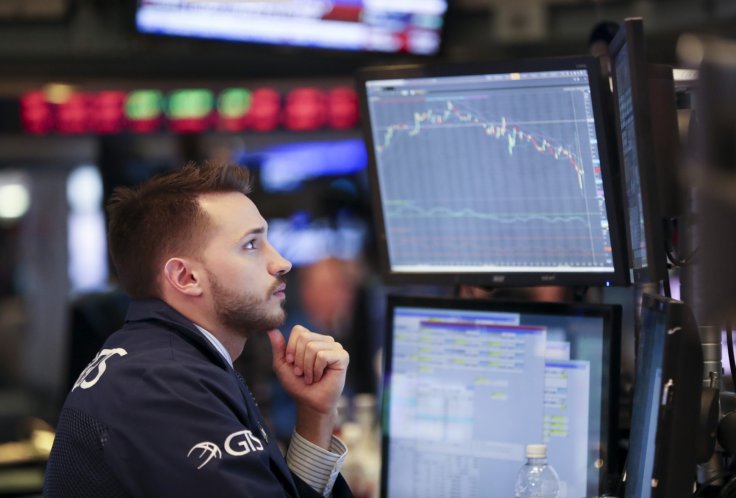
Asian shares slipped back on Wednesday as investors looked to the Federal Reserve policy decision later in the day and any clues it might give on future rate hikes, shifting focus away from the historic U.S.-North Korea summit in Singapore.
MSCI's broadest index of Asia-Pacific shares outside Japan dropped 0.5 percent, erasing the slim gains they made following Tuesday's meeting between U.S. President Donald Trump and North Korean leader Kim Jong Un.
Trade frictions between the United States and China are also back on radar ahead of Friday, by when Washington has said it will release a list of some $50 billion worth of Chinese goods that will be subject to a 25 percent tariff.
"For Asian markets, tariffs will be the biggest concerns in the near term," said Yukino Yamada, senior strategist at Daiwa Securities.
Japan's Nikkei eked out gains of 0.25 percent, following the 0.17 percent gains in the U.S. S&P 500 the previous day.
On Wall Street, technology shares continued to lead the rally, with the Nasdaq Composite adding 0.57 percent to finish at a record high of 7,703.
With the U.S.-North Korea summit out of the way, market focus is quickly shifting to the Fed's two-day policy meeting ending on Wednesday.
The Fed is widely expected to raise interest rates for the second time this year after a move in March, but the bigger question for investors is the outlook for future monetary tightening amid an ongoing economic expansion.
"With a rate hike almost fully priced in, the focus is on how many times the Fed will raise rates this year and next and how much beyond the levels it considers as neutral to the economy, or what they call the longer-run rates," said Shuji Shirota, head of macroeconomic strategy group at HSBC Securities in Tokyo.
Projections from the Fed's March meeting suggest a benchmark rate of 2.1 percent at end of 2018, based on the median forecast of central bank policymakers, which would mean three rate hikes in total this year.
In the currency market, the dollar was relatively well bid ahead of the Fed's meeting.
The euro traded at $1.1744, off last week's high of $1.1840 touched on June 7 though it was underpinned by expectations that the European Central Bank may drop a hint of winding up its stimulus after its policy meeting on Thursday.
The dollar stood at 110.50 44 yen, near its highest levels in about three weeks.
Some emerging market currencies stayed under pressure on worries higher U.S. rates could prompt fund outflows from emerging markets to the United States.
The Mexican peso hit a 16-month low of 20.724 pesos to the dollar on while the South African rand dropped to a six-month low of 13.345 per dollar, extending its decline, triggered by disappointing GDP data last week.
Oil prices dropped after data from the American Petroleum Institute showed a surprise build of 833,000 barrels in U.S. crude stockpiles. Analysts had expected a decline of 2.7 million barrels.
U.S. West Texas Intermediate crude futures traded at $66.00 per barrel, down 0.5 percent.
Elsewhere, bitcoin fell to a 2-1/2-month low of $6,461 at Bitstamp exchange on Tuesday on mounting regulatory and security concerns after the weekend hacking of South Korean cryptocurrency exchange Coinrail.
It last traded at $6,573, up 0.2 percent.








